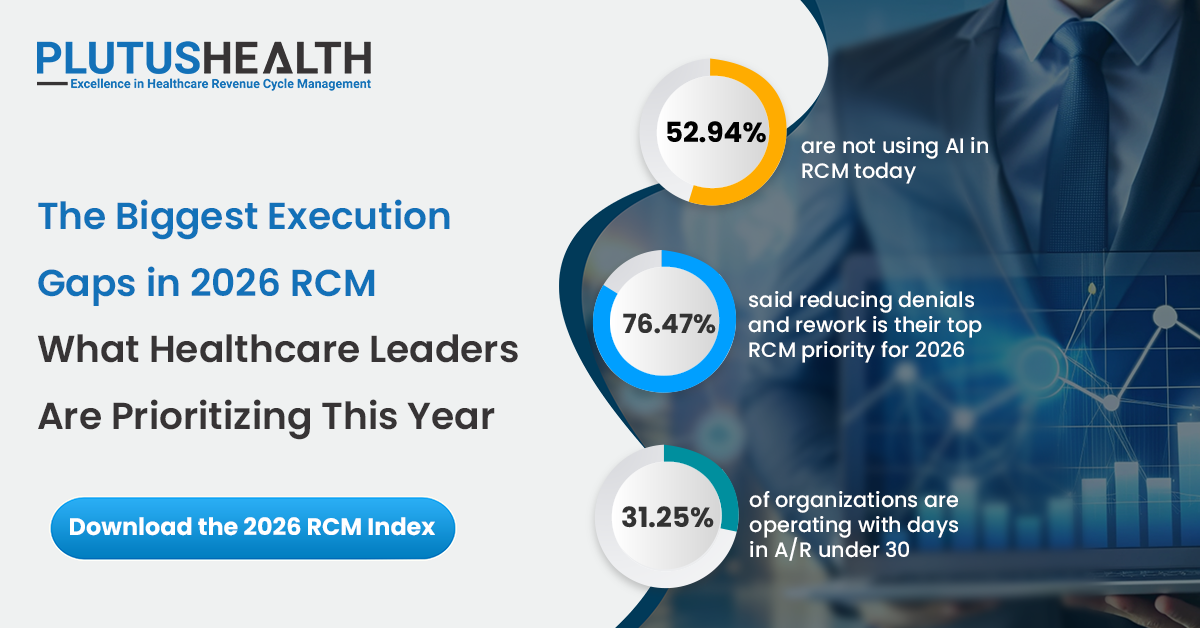5 Things to Check Before Submitting an ASC Claim
Maintaining a healthy revenue stream for most ambulatory service centers depends mainly on the ASC claims generated from medical billing.
With the constant changes to payers' authorizations, ASC’s must follow best practices when going through the authorization process with payers and providers to approve medically necessary services and to obtain reimbursements.
Payers and ASCs are inconstant disagreement because while ASC centers are trying to get paid for their services on one end, payers are, on the other end, trying to reduce unnecessary payments. Therefore, ASC centers should pay careful attention to ASC claims before submission. At every stage of the billing process, from patient information collection to verification, ASCs should avoid making unnecessary mistakes that will increase the time spent on claims or cause denials.
Authorization checks, patient verification, and eligibility of procedures are some basic things to check before submitting an ASC claim.
This blog lists five things to check before submitting an ASC claim to avoid errors that could lead to delayed payments and denials:
1. Verify patients Eligibility, Coverage and Benefits are correct
Rejected claims often stem from inadequate coverage by payers and eligibility for certain reimbursements.
Most ASC centers don't give much consideration to the confirmation of insurance coverage before filing a claim, which is not efficient because payers and insurance plans don't cover all procedures. Thus, the payers deny such claims.
Therefore, before submitting an ASC claim, ASC centers should take extra steps to verify insurance coverage, either through direct contact with the payer and sometimes with the patient, or through engagement software through the patient and/payer website.
Read more about unwrapping strategies to simplify insurance discovery and reduce insurance denials here.
2. Check Patient Information
Incorrect or inadequate information is a leading cause of claim denials.
Patient demographic data such as names, social security numbers, etc., are critical pieces of information that need to be checked for accuracy before claim submission.
Therefore, clinicians and coders should adopt good clinical documentation strategies to ensure information flows freely and correctly before submitting an ASC claim. If your organization struggles with assessing patient information, here are some tips to help improve clinical documentation.
3. Check if the codes used in the procedure match those in the authorization
While the authorization process to check with payers on procedures still largely remains manual, adopting an effective software solution to conduct checks on codes used in claims with the actual codes provided in the documentation is ideal. Adopting an automated system for these checks not only helps discover errors on claims before submission and prevents denials but provides a faster and lower error rate than manual processes.
When carrying out this screening process, use experienced coders and clinicians to further reduce the error margin.
4. Check for Authorization Dates.
Authorizations come with an expiration date, and if claims get submitted after this date, they get denied. To prevent this, always take note of authorization dates and ensure procedures are delivered within the stipulated time. For example, coding centers should contact insurance companies to extend the authorization period for a rescheduled procedure. This practice of checking the authorization date period helps organizations prepare and submit claims before the authorization period expires, thereby preventing denials.
5. Watch out for Coding Errors and Approved Medical Procedures
Coding errors account for a significant amount of revenue lost in most ASCs. Therefore, screening our claims for common coding errors is critical before submission.
Ensure clinicians and coders have entered the correct code regarding patients and that modifiers, if used, follow the proper method of usage.
On the issue of coverage, ASC’s has limited procedures that are covered by payers, and those procedures that are covered have specific criteria that must be met and adhered to. Most medical providers have a list of covered procedures, so before submitting a claim, double-check to see if the procedure is eligible. Some of the criteria include elective, urgent, and not life-threatening procedures. It is very important to accurately reflect the correct data is selected to allow for immediate reimbursements.
Key Takeaways
- Claims reimbursement processes play a crucial role in the revenue lifecycle of most ASC’s, as they ensure payers are paid for covered procedures they perform.
- Delayed payments, time-consuming correction of denied claims, and loss of payments are direct results from a poorly planned and/or executed claims process.
- Organizations and ASC personnel should follow straightforward steps and best practices before submitting a claim to a payer to prevent a claim denial.
- Ensuring correct patient information and that claims are still valid within the authorization period should always be checked before submitting claims.
- Using automated software and checking for coding discrepancies helps catch and correct coding errors before submission.




















































